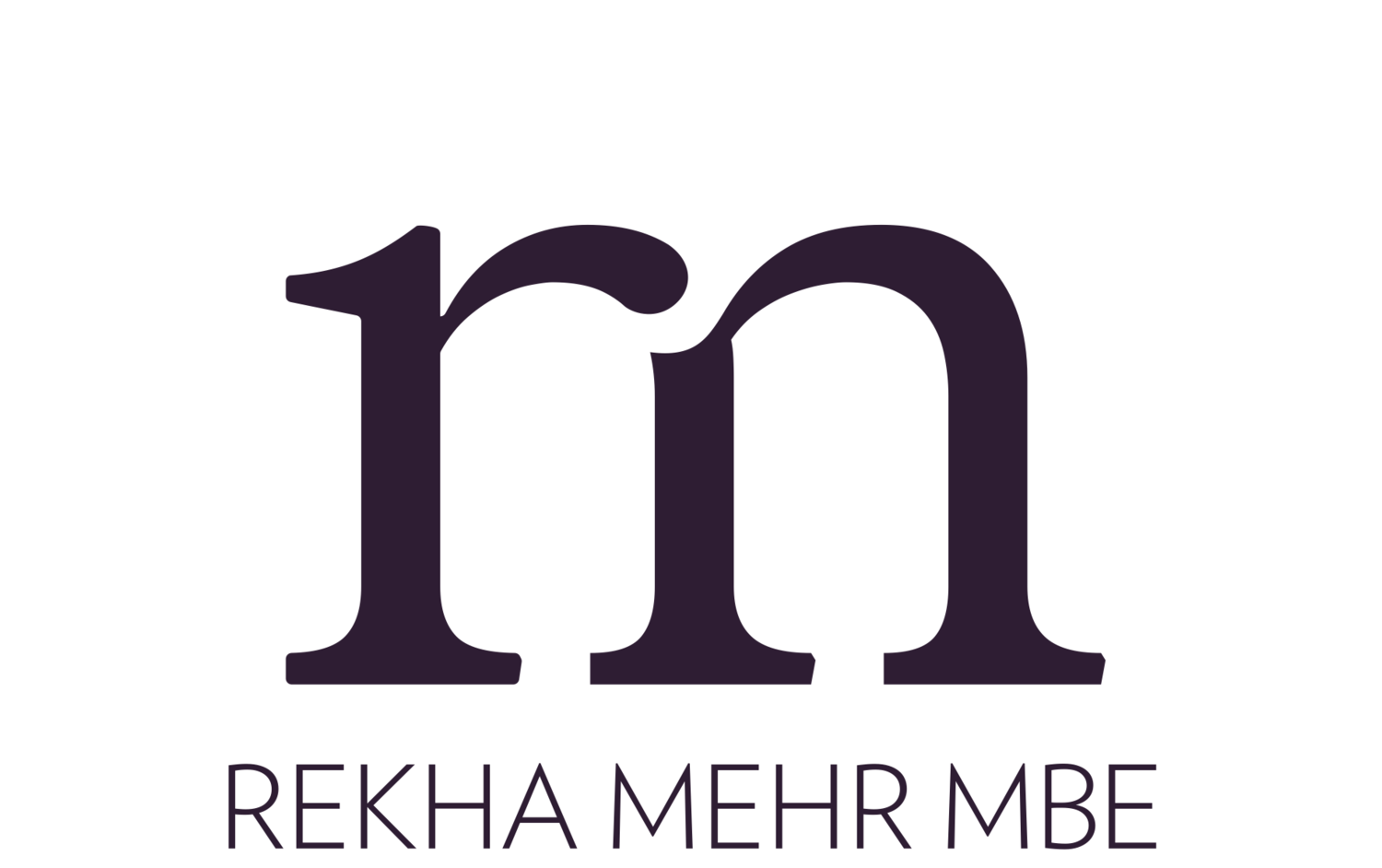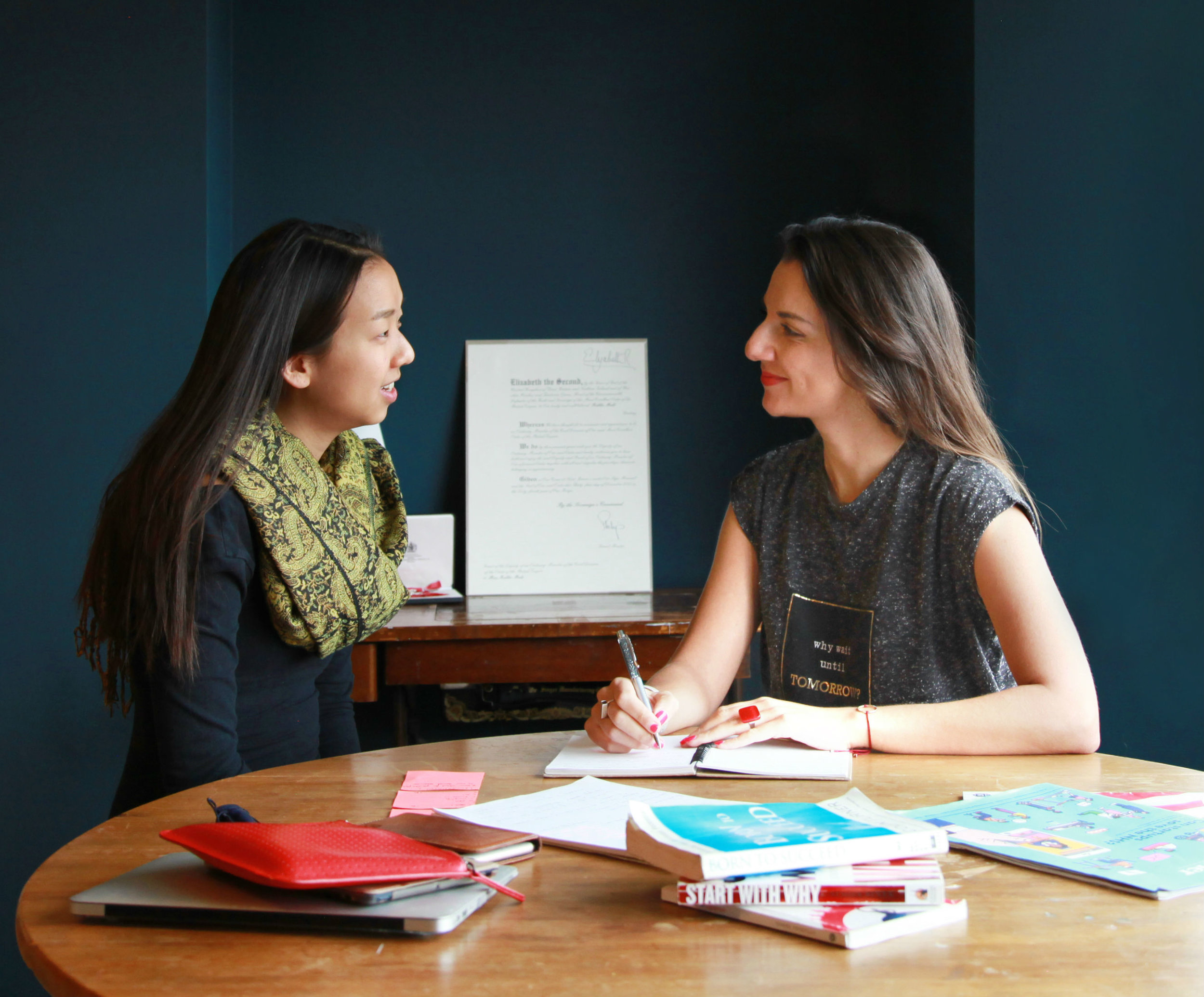Originally published in The Guardian.
I recently attended a talk that have made me sit up and take note of the fact that in order to be more productive, we need to take time out. My critical, over-active mind tells me that this is nonsense - how can spending less time working result in getting more done? Surely if i spend an an extra hour today ticking things off my to do list then i’ll have more time tomorrow to work through the next set of tasks and i’ll be achieving more in the long run? According to the panel on the stage in front of me, the trouble with this kind of mindset is that it ultimately leads to burnout which leads to prolonged periods of reduced productivity as energy, motivation and focus try to recover to normal levels.
Having just found myself in the second cycle of burnout in just 9 months, with the second being more severe than the first, I started to consider that perhaps it wasn’t the result of my inadequacies, but instead the pace i had set myself to achieve my goals. My concentration was suddenly transfixed on these 8 high-profile business minds who had all experienced similar behaviours and were now making a stand to help others understand the science behind the mind and how we can get more of out of life without sacrificing success.
Arianna Huffington lead the panel and talked about measuring success beyond money and power through a third metric - wellbeing. A high achiever and a victim of burnout, she talked about the difficulty of making lifestyle changes because it’s harder to see the greater good when you’re stuck in such a demanding routine.
The co-founder of Headspace shared their journey to make a stand to incorporate technology into our lives in a way that brings balance rather than fires information at us at high speed (there is a great article in ES Magazine on 26th July about having a digital detox). Their app helps people to dedicate just 10 minutes a day to taking some time out, clearing your mind and allowing you to continue your day with greater focus and energy. Whilst it’s hard to believe that a fairy godmother could live inside a mobile phone, it really does allow you to zone without having the impracticality of transporting yourself to a hammock on a deserted beach. I’m on day 10 and if i’m honest, a little bit addicted. I use it when i’m on the bus (there is a dedicated guide to Headspace on public transport which receives auto-play when i step on to the 176), for getting back to sleep when i wake in the middle of the night wondering if i’m doing the right thing with my life and when i find myself circling over my to to list because i’m overwhelmed at the length of it.
I also walked away with a book called Mindfulness: a practical guide to finding peace in a frantic world. This has been my other go to when i need some time out but don’t want to risk falling asleep on public transport. It explains the science behind it all and feels like a very timely arrival in my life.
So what’s the result? I have to say, so far i definitely feel happier, less anxious and more capable of getting the right things done. I can sit on the bus and read without wincing at the shrills around me by acknowledging that they’re there without fighting them (thank you Headspace) and i can get back to sleep within 20 minutes as opposed to my usual 1-3 hours of thinking. Whilst it could be argued that i should seek professional counselling (i have considered it), i see many of the same struggles among fellow startup entrepreneurs who are trying to build their business and to you lovely people in particular, i believe these are the tools to help keep you sane along the way.


